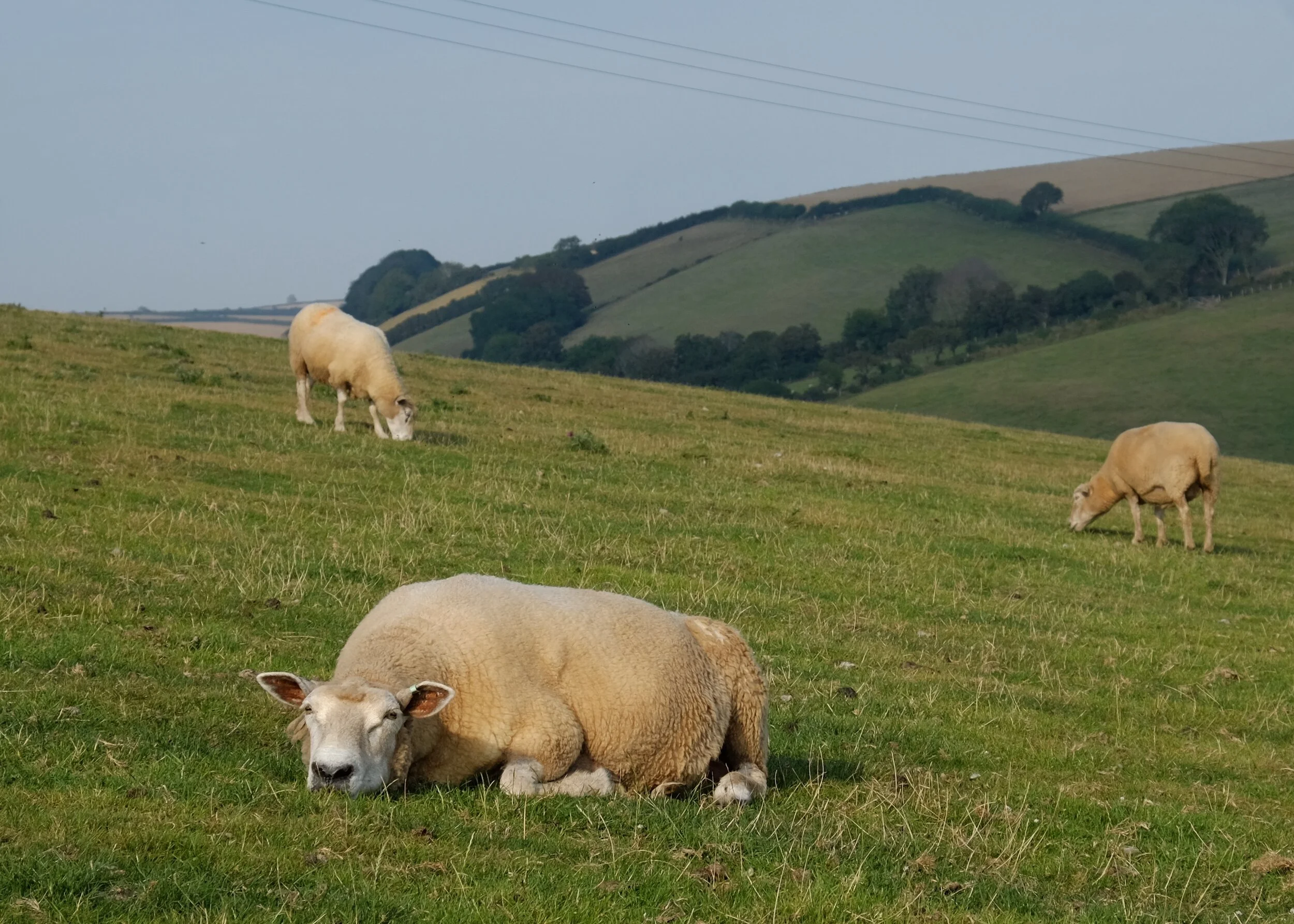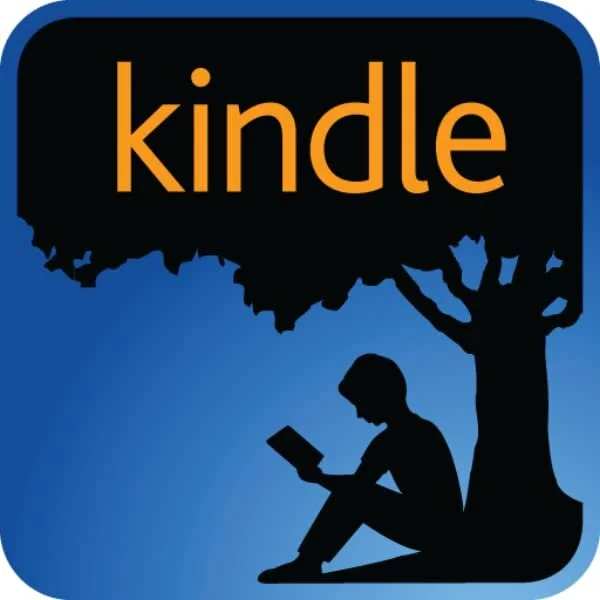Way back in 1994 I graduated from Sunderland University with a Joint Honours Degree in Computer Science and Physics.
1994...
A world before Google, before the iPhone, before the 'XBox Generation'.
In those days, I played a lot of Roleplaying Games (RPGs) on my C64 and Amiga A500 but the idea of Massively Multiplayer Online Gaming (MMOG) was a long way off, so I played 'Me v The Computer' and dreamed of an Internet where I could play in a world were the other characters' behaviours weren't just created by clever algorithms from a programmer but were other human players. (I'd have to wait 10 years for Warcraft: Orcs & Humans to become the MMOG 'World of Warcraft')
In those Halcyon days post-uni, single with plenty of time outside of my new job with the MOD, going to Science Fiction and Gaming conventions with my friends I had an idea for a game. An online, massively multiplayer online game. I started to make notes, sketch out my concepts, plan the structure...
It turned out that I wasn't a good enough programmer to do what I wanted to do, and, as my work with the MOD picked up I had less opportunity to try and become one. So I put my ideas away, knowing (hoping?) that one day I'd get chance to revisit them.
Many years later I found a couple of old disks, they were PC disks but they contained files I'd rescued from my old Amiga. Quite a few of the files were unreadable, their formats long since unsupported, but many of the documents I had saved were in Rich Text Format and here I found many snippets for the idea of that game I had many years earlier.
So, in 2008, knowing my programming days were long behind me (like any language, if you don't practice, you forget, and I was out of practice) I decided to turn my game idea into the backbone of a novel and save it from obscurity.
So, while at a Conference in Edinburgh in 2008 I started Endless Possibilities. The apartment I was staying at had no TV, so over five nights, I wrote 15,000 words. I had a lot of ideas and I'd have written more if I didn't need to get some sleep while I was away.
I quietly slipped those first 15,000 words to my fellow WordWatchers member, Katherine Webb (who was soon destined for incredible success) whose opinion I greatly respected (and still do). She liked what I had written, but at the same time threw my a curve ball. "I hope we're going to see more of Steely," she said.
At the time, Steely was a throwaway character, a plot mover and so I was puzzled by Katherine's query. So I re-read the start of Endless Possibilities and I'm glad that I could see what Katherine could see, that Steely was no throwaway character.
I wrote intermittently over the next few years reaching 95,000 words in 2011 when I ground to a halt. I knew how the novel ended but I didn't know how to get from where I was, to where I needed to be.
In March 2012, I bought a little Asus netbook as a belated 40th birthday present having decided I would write the end of the novel and then work out how to join the two bits together. I started getting up regularly at 5am, writing until 6am, which is when my alarm would have normally gone off and I'd begin my day properly. During a 2 month purple patch I'd written 45,000 words and unexpectedly finished the novel (or more precisely, I'd reached a natural conclusion to the overall story).
It has taken me a long time (almost three years) to get to the stage I'm at now. At WordWatchers recent visit to Symondsbury, I barely slept, editing Endless Possibilities at a somewhat manic rate, cutting the 140,000 words of the two separate sections down to 129,000. Since I got back, I have written the section that joined the two parts together, this turned out to be 8,000 words in length, bringing the novel back up to 137,000 words.
Now I'm going back through the novel again, beginning to end, fixing the mistakes (today I discovered I had introduced an eight day week for example), creating a consistent style (I've changed a lot as a writer since 2008) and putting my skill as a 75-word story creator to good use to tighten the whole thing up.
As of this morning, Endless Possibilities stands at 129,400 words and I'm very close to the end of this edit. Soon, Endless Possibilities will actually be finished and by finished I actually mean 'Ready enough for WordWatchers to read' - which of course means it's not actually finished at all!
For the first time in a long time I think there's a chance that you might actually get to read this!
Thank you for your time.
John
PS - Other blogs that capture facets of this semi-tragedy can be found (in chronological order) here: http://www.wordwatchers.net/tag-youre-an-author-and-youre-it/http://www.wordwatchers.net/a-long-time-ago/http://www.wordwatchers.net/a-procrastination-of-writers-part-2/
PPS Thank-you to those on Twitter (you know who you are), who have been Favouriting, Retweeting and commenting on my recent run of #amwriting tweets as I try to bring this crazy ride to a halt - you're the reason that I have written this blog.
 Christmas isn't always a happy time and, indeed, sometimes the pressure of the event, the expectation that it will be a happy one, can push some to breaking point. This story is an amalgamation of several true stories with a little bit of artistic license thrown in for good measure.
Christmas isn't always a happy time and, indeed, sometimes the pressure of the event, the expectation that it will be a happy one, can push some to breaking point. This story is an amalgamation of several true stories with a little bit of artistic license thrown in for good measure.












 I remember happily. Crying while I scripted the death of characters was a strange experience and trying to fight myself out of writers block was challenging to say the least. I'm relieved to be past the difficult second half of the novel, where I had to force myself to push on with many revisions made and hours lost plotting out the finale.I remember planning to wrap up the first draft in December 2013. This never happened, but it does make me wonder what the ending would have been like if I had. The finale was coloured so much by recent travels and thoughts that it would have been a very different story.But what about the future? What will the final draft be like? How many sub-plots will be removed and what additions will be made? I know my story needs more attention, but it is interesting to wonder how people will react when they read it. Does it make any sense? Will people like the ending?I can almost see my story like some kind of topographic chart or heart monitor diagram. I can finally see all the key scenes and places. All the highs and all the lows. It is pleasing to have this resolution and finally have an empty mind.I desperately want to leap back into the story and shift chapters around and give it a punchy kick-off, but I think it is best that I get some distance from it for a while. Hopefully then I will have a better perspective over it.Right now I'm looking forward to working on the second draft. The idea of making all these images and crazy thoughts more robust and structured sounds really exciting, but I am certain it will be a difficult process. If it will allow me to do my characters a better service (and if people actually enjoying reading it) then it will all be worth it.Tom
I remember happily. Crying while I scripted the death of characters was a strange experience and trying to fight myself out of writers block was challenging to say the least. I'm relieved to be past the difficult second half of the novel, where I had to force myself to push on with many revisions made and hours lost plotting out the finale.I remember planning to wrap up the first draft in December 2013. This never happened, but it does make me wonder what the ending would have been like if I had. The finale was coloured so much by recent travels and thoughts that it would have been a very different story.But what about the future? What will the final draft be like? How many sub-plots will be removed and what additions will be made? I know my story needs more attention, but it is interesting to wonder how people will react when they read it. Does it make any sense? Will people like the ending?I can almost see my story like some kind of topographic chart or heart monitor diagram. I can finally see all the key scenes and places. All the highs and all the lows. It is pleasing to have this resolution and finally have an empty mind.I desperately want to leap back into the story and shift chapters around and give it a punchy kick-off, but I think it is best that I get some distance from it for a while. Hopefully then I will have a better perspective over it.Right now I'm looking forward to working on the second draft. The idea of making all these images and crazy thoughts more robust and structured sounds really exciting, but I am certain it will be a difficult process. If it will allow me to do my characters a better service (and if people actually enjoying reading it) then it will all be worth it.Tom




